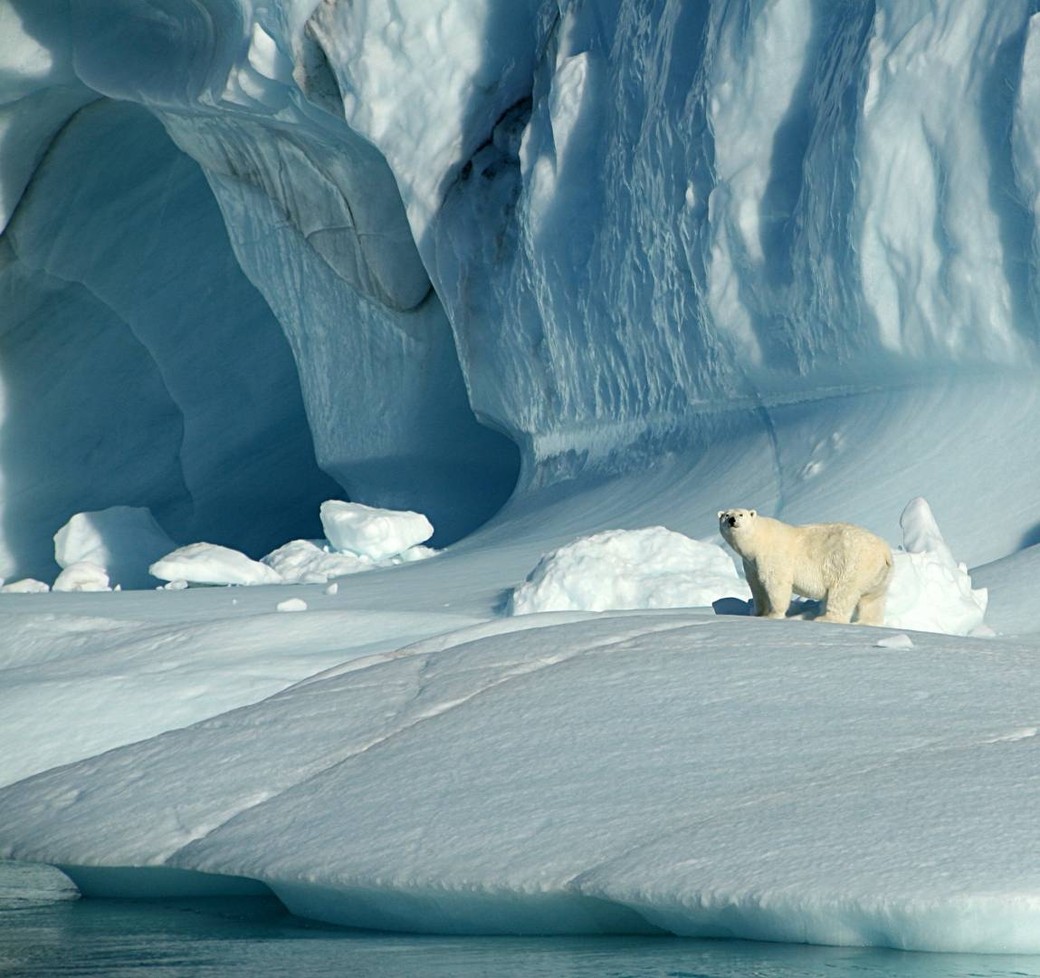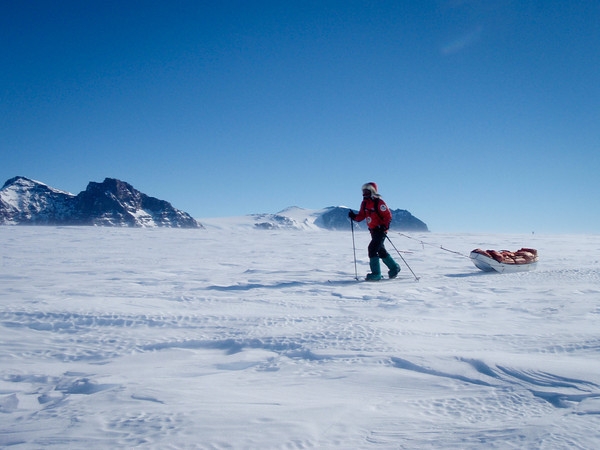
Cold Comfort in Arctic Sovereignty
Arctic historian Dr. P Whitney Lackenbauer believes the issue of Canada’s Arctic sovereignty is a complicated affair. He is not alone. World leaders have had a close eye on the area and debate on the issue has heated up.
Dr. Lackenbauer argues popular misconceptions over Canada’s Arctic sovereignty abound. It is a nuanced issue. The principal one is that the sovereignty of the Arctic is in doubt. Instead, the situation is much more nuanced. In 1985, Canada declared a straight line base around Arctic islands in the North. That is, lines on a map were literally drawn around the islands and Canada declared every resource within the lines to be under its control. Most nations agree that Canada has sovereignty over the islands that fall within Canada’s geographical area. Less straightforward is the status of the Northwest Passage. Canada has sovereignty of the Northwest Passage — but with a caveat. As the Northwest Passage straddles two oceans — American legal experts have maintained the passage constitutes an international strait. That is, even though Canada might have control over resources in the Northwest Passage, it cannot decide which vessels can and cannot enter it. The Northwest Passage is, Americans and others maintain, international waters – and that means entering and exiting the strait is not subject to Canadian control.
“So the future of the Northwest Passage is more of a legal and technical issue but it is still an important one,” said Dr. Lackenbauer. “We are steadfast in our position that we have a solid legal foundation based on historical use, that we have full sovereignty over the Northwest Passage, including deciding who gets to enter and exit the passage.”
Securing full control of the Northwest Passage including entry rights, could be a potential windfall for Canada. Canada could for instance, tax international ships that go through the passage – a source of considerable revenue. Another money spinner would be charging international vessels for the use of icebreaker vessels operated by Canadian authorities. Dr. Lackenbauer also points to the Beaufort Strait as being another Arctic resource that could spell extra cash for Canada. A 2007 United States geological survey indicated that up to one quarter of the world’s oil and gas reserves could be located in the Arctic basin.
However, some jurisdictional issues need to be dealt with first. Canada maintains it has sovereignty over the Beaufort Sea. This is based on Canada’s claim that the boundary line that divides Alaska and the Yukon extends into the Beaufort Sea into the Arctic Ocean. If established legally, Canada would have sovereignty over the Beaufort Sea and its resources. The Americans, who have sovereignty over Alaska dispute this claim. America maintains that under international law, boundary agreements signed by England and Russia in 1825 and 1827 have the legal result of split sovereignty of the Beaufort between Canada and the United States. Negotiators from America and Canada tried to work out the issue in 1970s but Dr. Lackenbauer said negotiations reached a stalemate. The issue of the Beaufort Sea was put on the backburner.
“Since the geographical survey came out, Arctic sovereignty has been interpreted as this free for all,” says Dr. Lackenbauer. “We all know how conflict ridden the Middle East is so there was this expectation that the Arctic would erupt into an inferno of competition.”
What is not discussed, says Dr. Lackenbauer, is that the majority of oil and gas resources are not particularly accessible. Further, most reserves lie 200 nautical miles off the coast of all of the different Arctic States. Most of the resources, however, lie on the The good news is Dr. Lackenbauer says despite Canada’s relative “lack of investment” in the Arctic, it has still built up a strong legal claim to the region. This is grounded in part in traditional use of the Arctic by Canadian Inuit for millennia.
Recent developments over Arctic sovereignty also promise to resolve uncertainty over the region, says Dr. Lackenbauer. The Ilulissat Declaration made in 2007 essentially stated that Arctic nations including Canada would “not have any armed conflict” over the area but work out sovereignty issues legally. Also of consolation to Canada is that despite the physical effects of climate change on the Arctic, it does not affect Canada’s sovereignty claims to the region.
“There is this idea that because of climate change our sovereignty is on thinning ice, that Canada’s hold will disappear. But from a legal standpoint, sovereignty is about the legal right to control an area. In that sense climate change does not affect the legal principles at play,” says Dr. Lackenbauer.
The economic benefits of Canada’s sovereignty claims to the Arctic is one of the topics to be discussed at the Northern Lights Business and Cultural Showcase to be held at the Ottawa Convention Centre in Ottawa from February 1-4 2012. The four day event will feature conferences and workshops on the cultural and economic life of Canada’s North. Keynote speaker Dr. David Suzuki will launch the showcase. Dr. P. Whitney Lackenbauer will deliver his presentation during the conference session on Arctic sovereignty.













